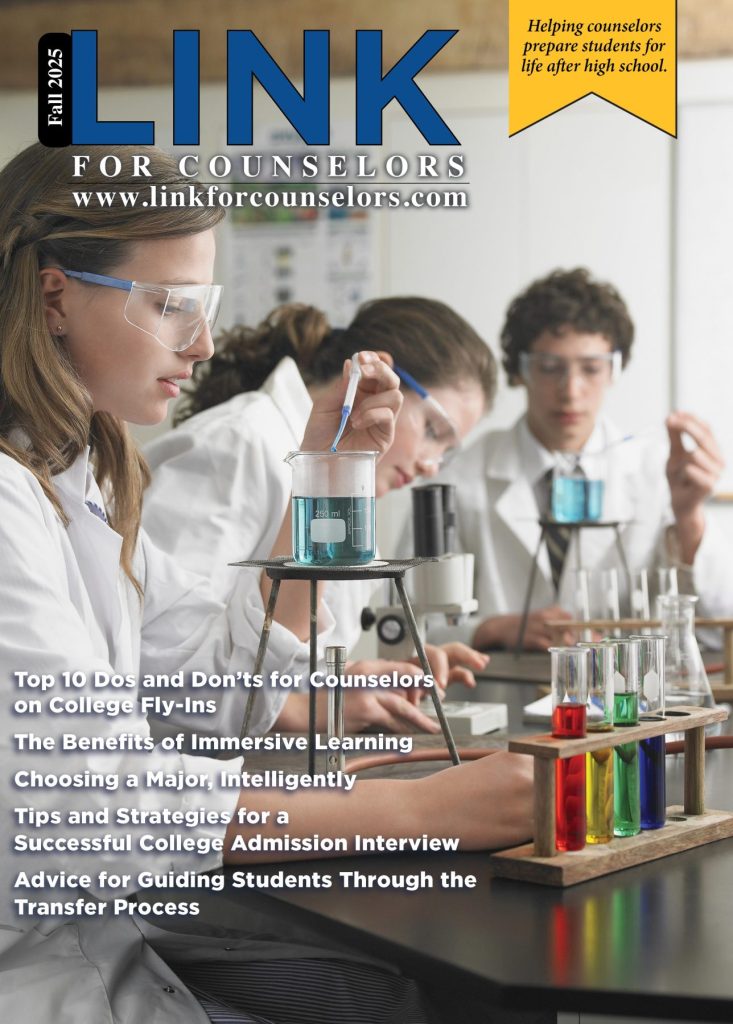As many of your students head off to college next year, they will have a number of preconceived notions about what they will see when they arrive on campus. College Options wrote a nice post about Expectation vs. Reality.
Roommates
Expectation
Many students go into college either assuming that they will be best friends with their roommate or that they will be randomly matched with the weirdest of the weird.
Reality
The truth is, you will likely come into contact with all kinds of roommates throughout your entire college career. You may have a cordial roommate that you rarely see. You may have a roommate you curse every time they refuse to take out the trash. As you make new friends, you will likely live with them in the years to come. In time, it is possible you will love the people you live with. If you have a negative experience with your first roommate, take solace in the fact that you are not tied to this person forever. It is only temporary! (And it may make a great story in the future).
Friends
Expectation
Whether it be people you met during orientation or those you befriend on your floor, you may expect your new squad to be best friends for life.
Reality
It’s easy to make fast friends your freshman year because everyone is starting on the same page and eager to make connections. However, it’s easy to forget that the lasting friendships you had in high school took years upon years to develop. In a sense, you are going back to kindergarten and socially starting from scratch. After a few months, you will see people for the way they truly are, and you may decide that those people aren’t for you. Try not to take it too personally if the individuals you meet by random aren’t the best match for friendship; you will find your people.
Parties
Expectation
All day, all the time, every night!
Reality
In actuality, students socialize in a ton of different ways including club meetings, sports events, on-campus affairs, and explorations of surrounding cities, museums, and so on. For students who do party, it’s more of a weekly thing. You will find that the party scene, though fun, is not as glamorous as media makes it out to be. (Welcome to sweaty basements littered with red solo cups).
Moving Away from Home
Expectation
You’ve been looking forward to having independence for months! There will be nothing to get in the way of your newfound freedom!
Reality
People transition differently, some adapting better than others. Be prepared to tackle responsibilities that you may not have had to think about before. This includes shopping for your own toothpaste, doing your own laundry, and taking care of yourself when you’re sick. It’s super common for first year students to feel homesick, so know that you’re not alone if these changes are tougher than you initially thought.
Maturity
Expectation
Everyone will be so much more mature than they were in high school.
Reality
Sadly, one year between high school and college won’t change the maturity level of most students. That being said, people don’t care about the same things they cared about in high school. No one is going to ask you about your SAT score or the clique that you came from. No one will have preconceived notions about who you are, so your friends will only know you for the person you are in this very moment.
Dorm Life
Expectation
It will only take a couple of hours to settle in, and your room will look just like that Target ad you saw a couple weeks ago.
Reality
Dorm life isn’t as sophisticated as the way it is depicted on Pinterest or Instagram. In this small space, you will have mismatched furniture and it will take a lot of organization to make everything fit properly. You may not feel fully settled until you are living there for a few days or even a few weeks.
Attending Classes
Expectation
You can ditch class whenever you feel like it! As long as you do the readings (eventually), you will totally earn an A on your exams.
Reality
Yes, you can ditch class whenever you want if attendance isn’t mandatory. Should you? Not if you want to pass your classes or make the most of your money spent. In high school, you are required to show up everyday and your teachers are there to keep you focused, accountable, and reminded of upcoming due dates. In college, time management is all up to you. College is truly what you make of it; what you put in, you will get out. By going to class, staying organized, and doing your best, you will be successful!
Though your college experience may turn out differently than your expectations, you are still bound to have an incredible time making new friends, trying new things, learning about yourself, and forging your path for the future.
Here is a link to their original post and check out some of their other great blog posts on their site: https://myoptions.org/college-expectations-vs-reality/















